Remixing isn’t such a new concept: someone takes a piece of music and alters it in some significant way to make it different enough to where it can be considered a separate piece of music. Chances are this has been happening for thousands of years (though I’m sure much of it was plagiarism rather than true homage)—but, with the rise of popularity in the EDM world, remixing has become a staple of the style. A far cry from those terrible remix compilations of 90s rock albums commissioned by the record label, modern EDM remixing requires a certain level of finesse and musical knowledge. Not all remixes are created equal, however: the set of skills needed to conduct musical transformation is quite different from those needed for musical creation, and in this way, even the greatest of producers can stumble and fall prey to a bad remix.
EDM production is all about creation; remixing, as implied by its prefix, is all about recreation. The average remix accomplishes this adequately, through a few fairly formulaic devices: melody inversion, vocal shuffling, odd bass drops, and the like. What categorizes a truly astounding remix goes above and beyond the same old tricks, as it were; remixing isn’t simply about creating something new from something preexisting, but it’s also about linking the distinguishing characteristics of the original producer with those of the remixing artist—and this is certainly no mean feat.
Perhaps my all-time favorite EDM remix is Adam K & Soha’s stunningly beautiful take on Kaskade’s 4AM. The original 4AM is a chill, downtempo deep house tune, featuring fairly sparse beats and a gorgeous vocal that highlights Kaskade’s signature trippy ambience. Adam K & Soha’s interpretation of the tune is a completely different beast: set to a smooth, consistent beat, the Canadian duo swapped Kaskade’s trippy sound palette in favor of a euphoric, sweeping progressive house one, with waves of gentle filtered synthesizers cascading through blissful rises and falls in energy, before finally fading away into the distance. Both of these tunes are stellar, I think, but what really makes this remix stand out is the way Adam K & Soha managed to take Kaskade’s original and reinterpret it from a lounge-inspired deep house tune into something that feels completely at home ending a triumphant progressive set at a rave—all without losing the tones of modern melancholia and languished beauty.
4AM
4AM (Adam K & Soha Remix)
The most ubiquitous and widely celebrated remix of last summer is undoubtedly Alesso’s take on the gorgeous Nadia Ali tune Pressure, with Starkillers and Alex Kenji. While both the original and the remix land firmly within the realm of big-room house, the original has a more classic house vibe, swapping the big-room structure in favor of a long, slow build. Alesso took that energy and cranked it to eleven, introducing a revamped piano hook alongside that infectious stutter edit—a staple of recent Swedish house—in the drop section. The real kicker is doubling the melody an octave up with shimmering trance-inspired synths, launching the energy into the stratosphere with a final product so ecstatic it’s impossible not to smile. This over-the-top brand of house has become Alesso’s signature sound, but with every mix he releases, he is sure not to lose sight of the tone of the original. These subtle touches are really what make remixes special: it’s always possible to overwork any track, but the simple addition of a few melodic shifts or filter effects can really transform a piece.
Pressure (Alesso Remix)
While Alesso’s remix formula may not be the most original or striking, at least it’s a sound that’s all his own—bad remixes tend to be dry and derivative, lacking any sort of creativity or unique perspective. Take the Eric Prydz remix of M83’s Midnight City: a beautiful synthpop song with a memorable hook and excellent progression, which Eric Prydz promptly ruined with perhaps the worst remix I’ve ever heard. Far from being a distinct recreation of the original, this abomination of a remix practically is the original—the only alterations in the large majority of the track were a bump in tempo to make it house-friendly and the addition of some arpeggiated synthesizers in the hook section. If there exists a template to[a follow when learning how not to remix, this would be it. On the other hand, Trentemoller’s remix is another fantastic example of creating a remix that truly bends and distorts all the rules: placing the song into an eerie downtempo setting, the Danish minimal techno master converted the frantic energy of the original into something decidedly eerie and deeply atmospheric.
Midnight City
Midnight City (Eric Prydz Private Remix)
Midnight City (Trentemoller Remix)
There’s no doubt that remixing is a subtle art, requiring a keen musical ear and the attention to detail of an art restorer. Of course, there are many things that make a piece of music great, but the remixer has to pay a bit more attention than the producer: simply adding things is one thing, but throwing alteration and sometimes outright omission into the mix is quite another. It can be so easy to simply go overboard altering and retexturing a track until it’s a hollow shell of its former self—and as a result, perhaps the most important yet difficult part of remixing, like any art form, is knowing when to stop.
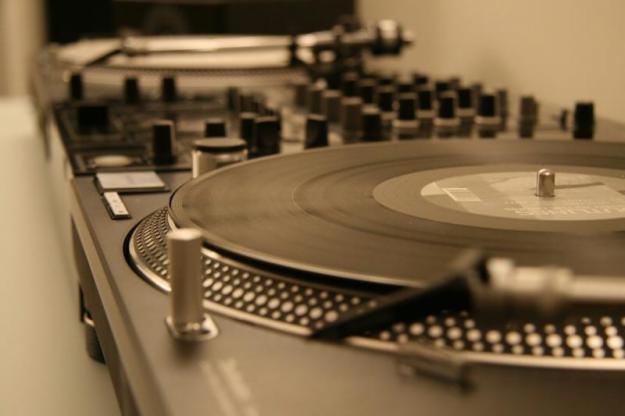

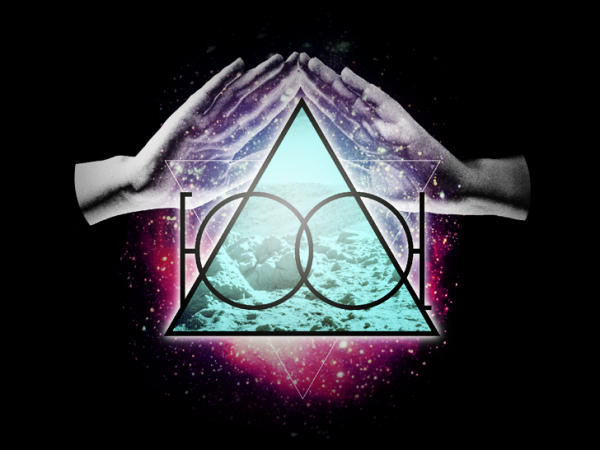
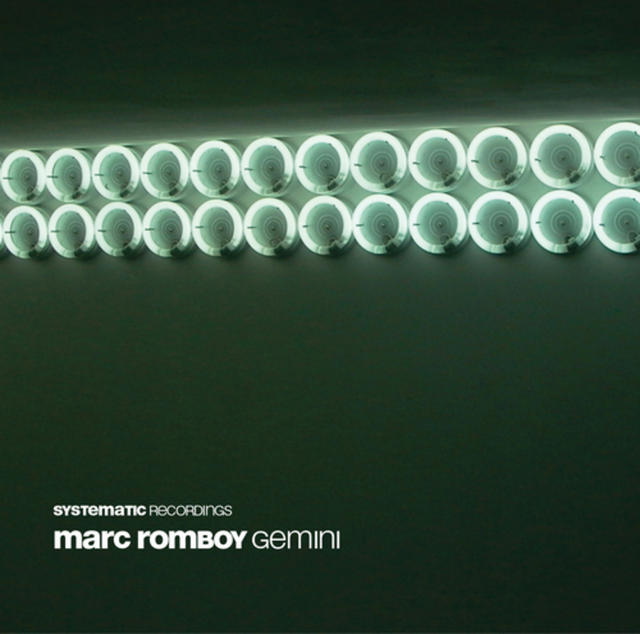


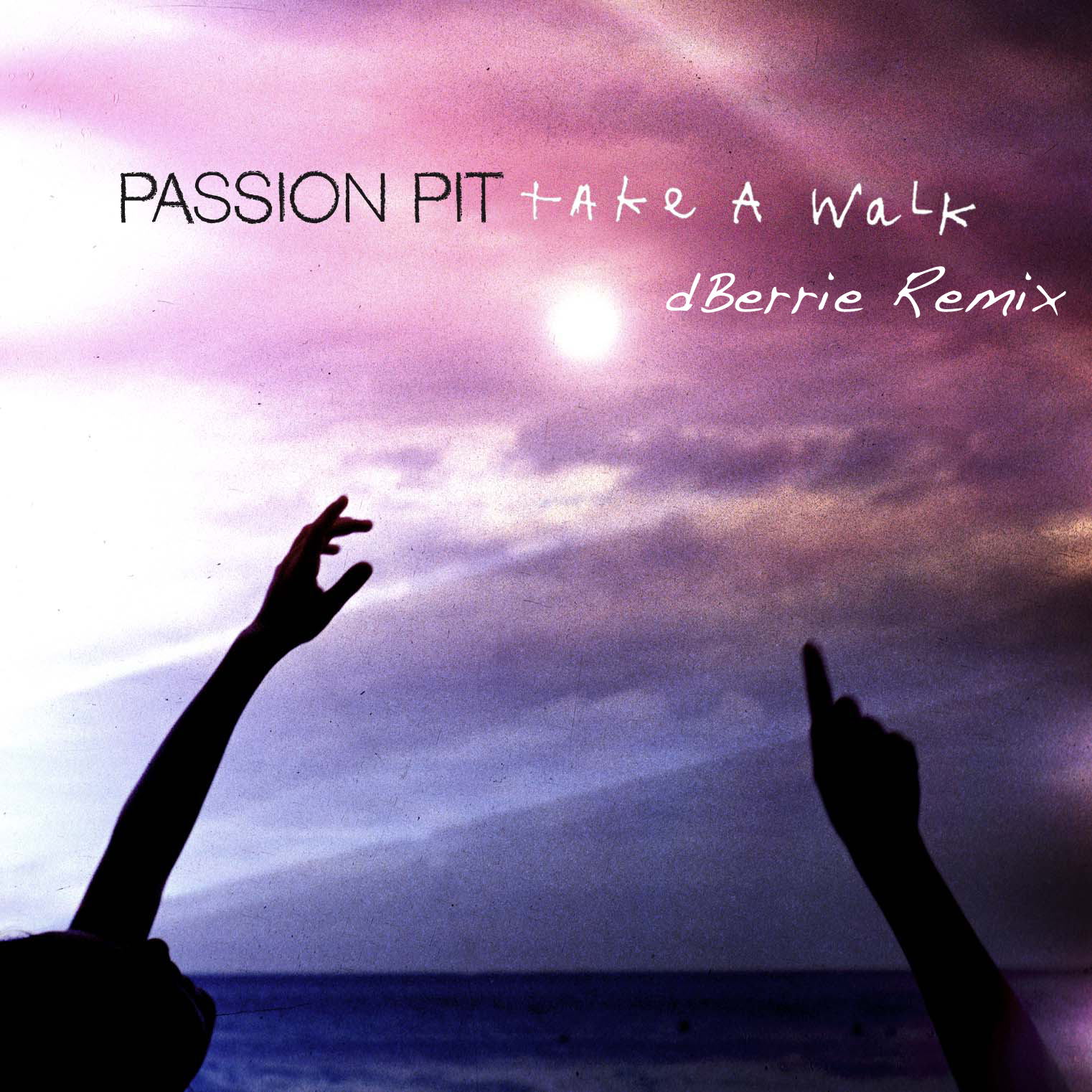

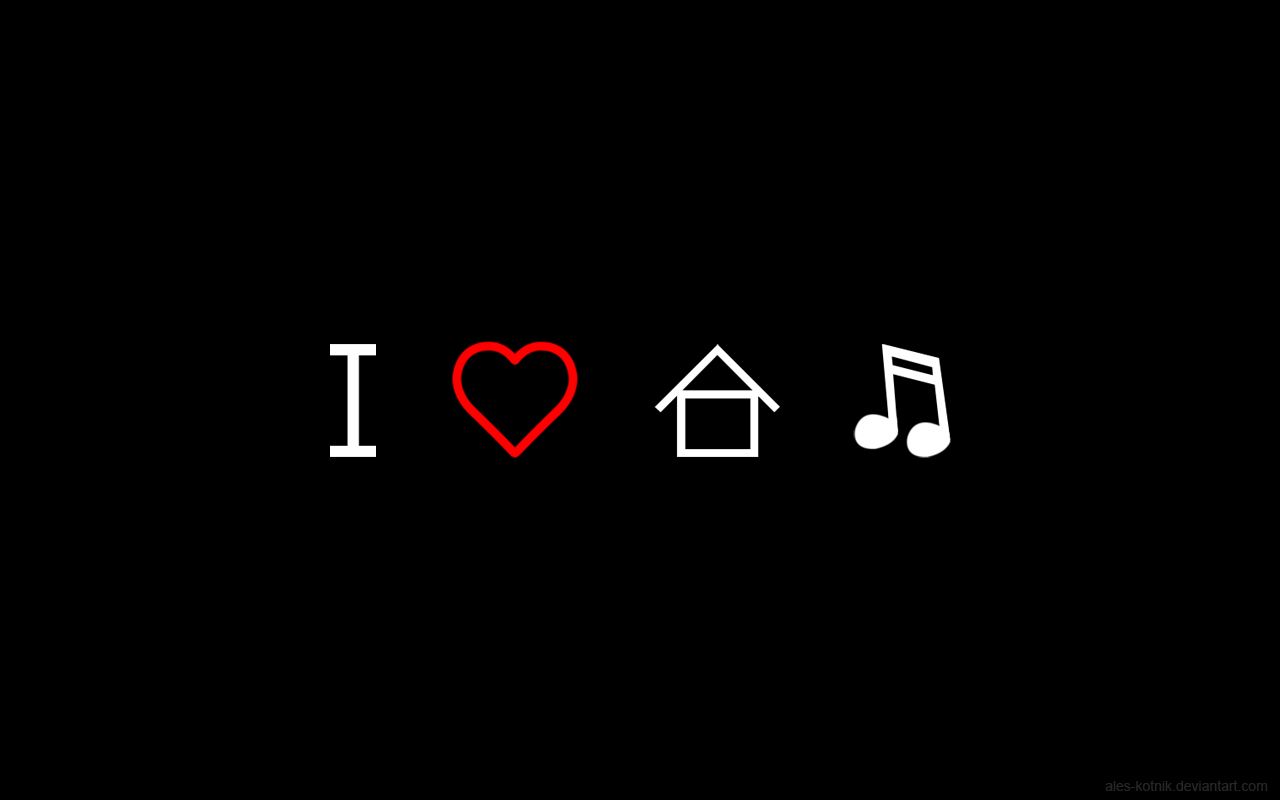
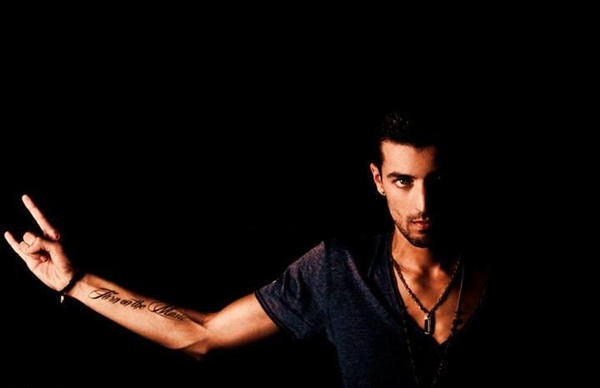
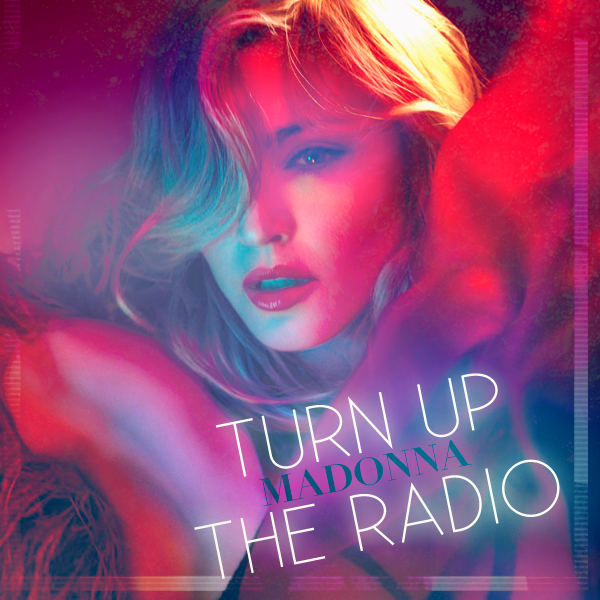
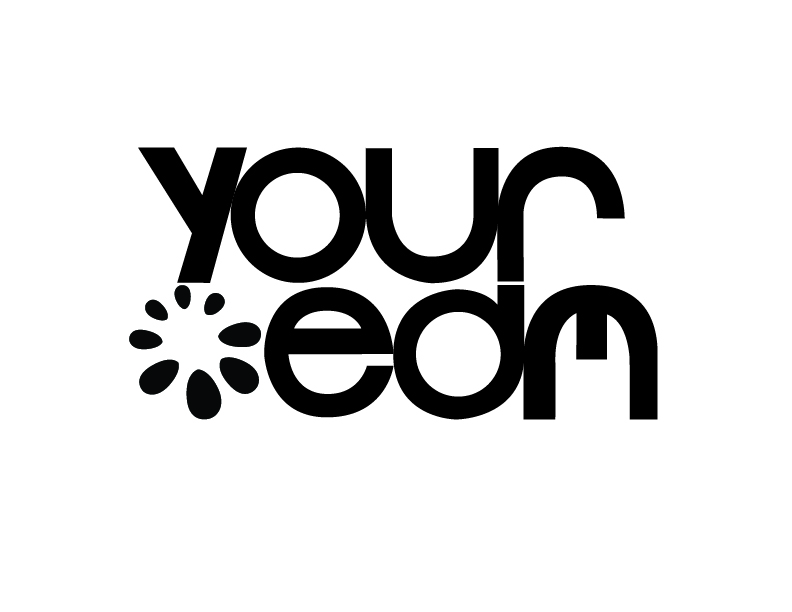
Is it just me, or are both Kaskade links the same song?
Great write-up.
Less is more.
uuh Madeon’s remix of “Raise Your Weapon” anyone?